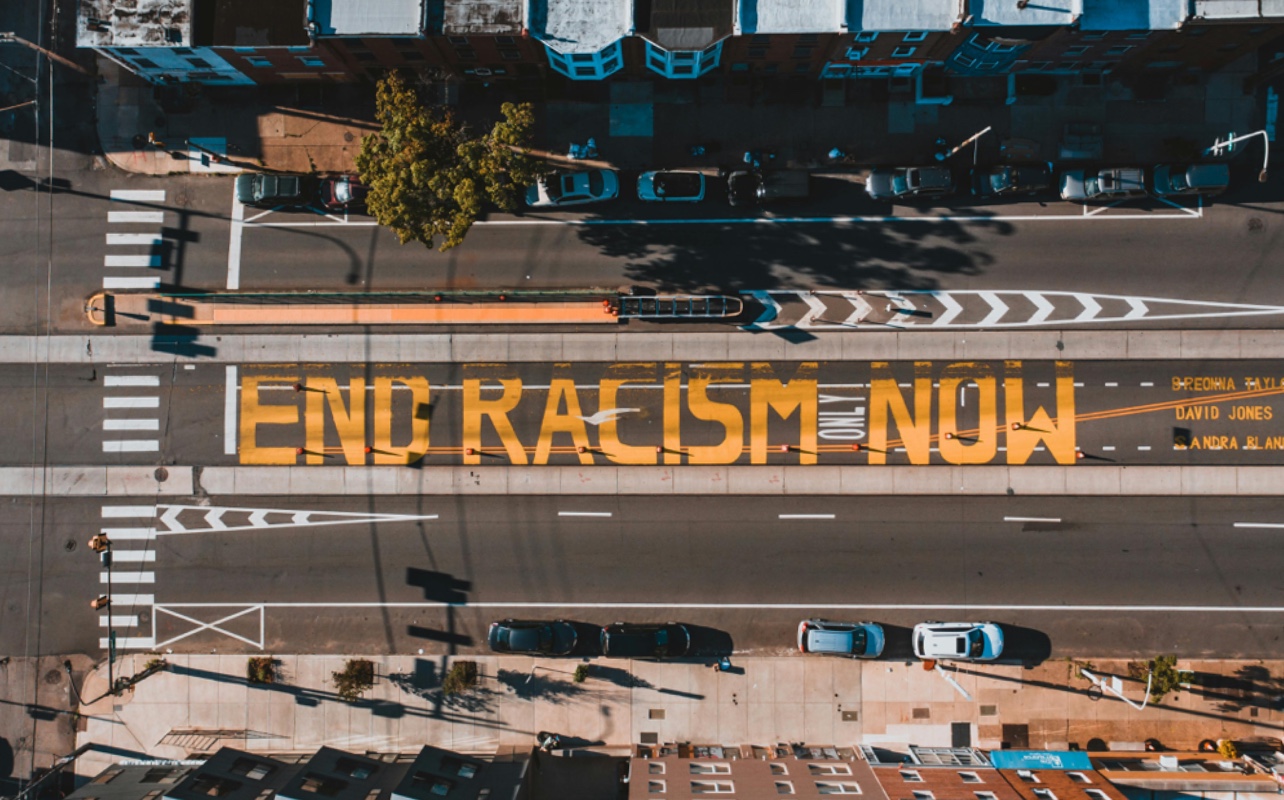
April 11, 2024
Mapping Black California Tracks California’s Efforts To Address Racism
Once the program was awarded a research grant from Starling, it utilized Starling’s tools to create a way to authenticate and store the documents digitally.
After Mapping Black California, a project from the Black Voice News project, launched a dashboard in 2023 designed to track action on resolutions from the State of California’s various entities declaring racism a public health crisis, it received a research grant from the Starling Lab for Data Integrity, a research lab shared by Stanford University and the University of Southern California.
Their initiative began by tracking statements or public records regarding elected officials who made a declaration that they believed racism was a public health crisis. Once the program was awarded a research grant from Starling, it enabled the project to utilize Starling’s tools to create a way to authenticate and store the documents digitally. The Starling Lab also provided the program access to blockchain technology, which cryptocurrency has popularized.
According to Alex Reed, the project manager of Mapping Black California, action is needed while the resolutions are essential. As Reed said in a press release, “These resolutions are an important first step to advancing racial equity and justice and must be followed by allocation of resources and strategic action.”
Lindsay Walker, the product lead at the Starling Lab, told Black Voice News that blockchain verification works similarly to how banks record and validate financial transactions. However, instead of one entity validating them, the blockchain has thousands. Walker explained that the process helps maintain the authenticity of what has been recorded.
“We’re creating copies of these things [so] that the minute they’re captured—and we use some special tools to capture it, either Browsertrix or Webrecorder—it creates a fingerprint,” Walker said. “These tools allow you to capture all the code on a website and mathematically prove what you captured.”
Candice Mays, another project director at Mapping Black California, said that it is important to capture these declarations because it makes it easier for political figures to be held accountable for their words. “When a major social justice event happens, a lot of promises are made,” Mays told Black Voice News. “And then once the chatter around it, once the protesting around it, once the media around that event dies down—so do those promises.”
Brianna Reeves, who wrote a four-part series for Black Voice News that detailed how the cities of Oakland and Santa Cruz, as well as Riverside and San Bernardino counties, tackled declarations of racism as a public health crisis, said in a press release that the platform is a major benefit to journalists.
“Such technology and tools are not only essential for holding those in power accountable for their promises,” Reeves said, “but are also great tools for journalists like myself to use to verify documents I receive for reporting or webpages I link to. Unlike a screenshot or a link to a Tweet, webrecorder technology ensures that such information cannot be tampered with and has been authenticated.”
Mays said in the press release that she considers it critical for the tools of anti-racism to evolve ahead of the tools of racism. “As the tools used to inflict racism upon our communities continue to evolve, we must not just evolve with them, but ahead of them, and our Combating Racism platform is an exercise in that evolution.”